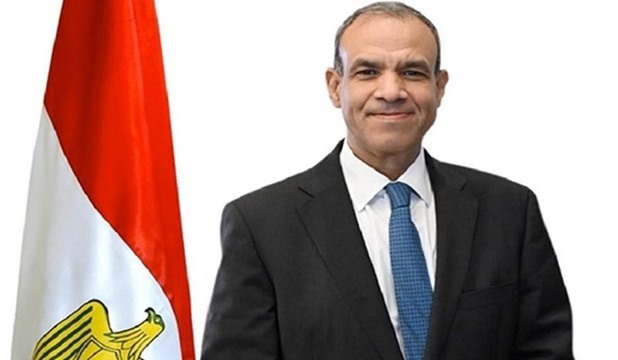
Image processed by CodeCarvings Piczard ### FREE Community Edition ### on 2025-08-02 12:09:42Z | |
Cairo has launched the sixth Conference of Egyptians Abroad, a major gathering aimed at strengthening ties between Egypt and its global diaspora, while encouraging productive investment in the country’s economy.
The event opened on August 3, 2025, with Prime Minister Mostafa Madbouly presiding over the conference alongside government officials and around 1,200 participants representing 40 countries.
Highlighting the vital role of expatriate remittances, Madbouly urged Egyptians overseas to shift their focus from low-yield foreign deposits towards active investment within Egypt.
“Expatriate remittances have played a key role in supporting foreign currency reserves,” he said, praising the diaspora’s renewed confidence in the national economy.
Data from the Central Bank of Egypt underscored this trend, showing a dramatic 77.1% surge in remittances between July 2024 and April 2025, reaching a record $29.4 billion.
This figure now ranks among Egypt’s top sources of foreign currency, surpassing revenues from the Suez Canal and tourism.
To channel this financial inflow into long-term development, the government introduced targeted initiatives such as “My house in Egypt” for real estate investment, “My farm in Egypt” to promote agricultural projects, and “My school in Egypt,” designed to offer digital classes aligned with the national curriculum for expatriate children.
Madbouly stressed that Egypt has successfully navigated recent economic challenges through reform programs that have lowered inflation and unemployment while boosting growth, although specific economic data was not detailed. Analysts remain cautious, noting the country’s ongoing reliance on external financing.
The conference reflects Cairo’s ambition to move beyond viewing its diaspora merely as a source of remittances, instead integrating Egyptians abroad into the broader national development strategy. Realizing this vision, however, will require improvements in the business climate, transparent governance, and stronger investor protections, both for local and expatriate stakeholders.



